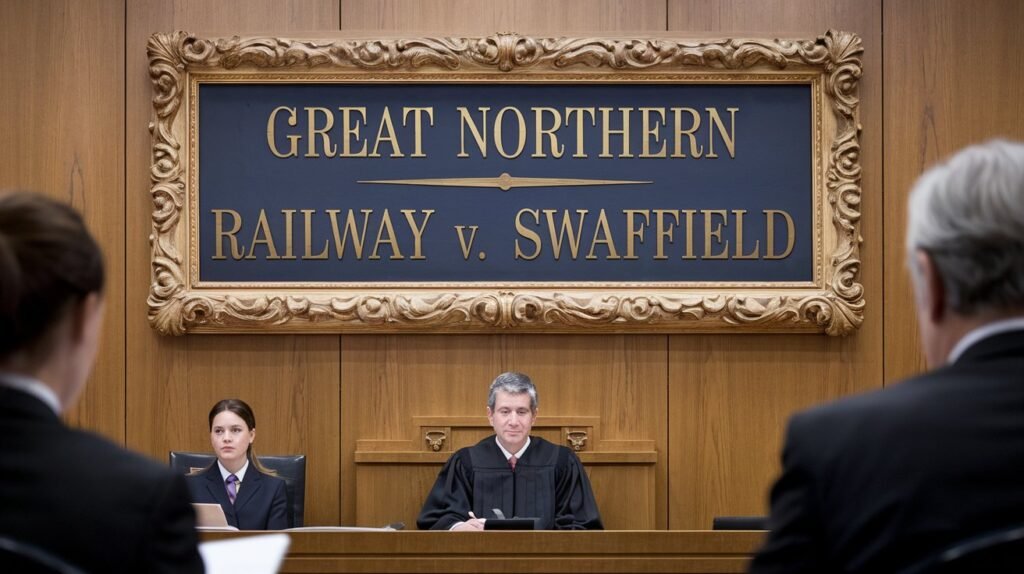Boulton v. Jones 1857 (Case Summary)

In this case the Court of Exchequer dealt with the principle of privity of contract and the identity of contracting parties. The case established that a contract cannot be enforced against a party who did not intend to contract with the specific person who seeks enforcement.
Table of Contents
ToggleFacts of Boulton v. Jones
- The defendant, Jones, had a longstanding business relationship with a man named Brocklehurst, from whom Jones frequently purchased goods on credit.
- Without informing Jones, Brocklehurst sold his business to the plaintiff, Boulton.
- On the same day as the sale, Jones sent an order to Brocklehurst for goods.
- Boulton, having taken over the business, fulfilled the order and delivered the goods without notifying Jones of the ownership change.
- Jones refused to pay Boulton, arguing that his intention was to contract specifically with Brocklehurst due to their existing credit arrangement and trust
Issues framed
- Whether a party can enforce a contract when the other party did not intend to contract with them?
- Whether the delivery and acceptance of goods imply the formation of a binding contract?
Judgment of Boulton v. Jones
The Court of Exchequer applied the principle of privity of contract and the identity of contracting parties. A contract exists only between parties who have agreed to its terms, and no one else can enforce it. The identity of the contracting parties is material to the formation of a valid agreement.
The court held that Jones intended to contract with Brocklehurst, not Boulton. The identity of the seller was material to the contract, and Boulton’s fulfillment of the order did not create a binding agreement. While Jones accepted the goods, this did not imply consent to a contract with Boulton, as the delivery was made without disclosing the change in ownership.
The Court of Exchequer dismissed Boulton’s claim, holding that Jones was not liable to pay Boulton, as no contract existed between them. The contract was void due to the absence of mutual intention to contract.





